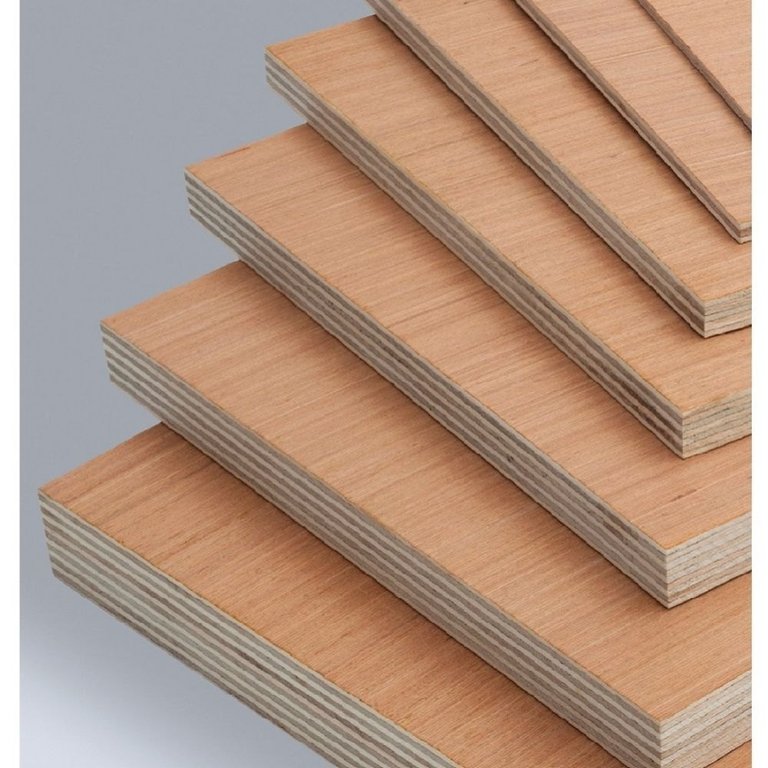A Mohs hardness kit is a straightforward tool for testing the hardness of materials like concrete. The kit typically includes a set of picks with hardness levels based on the Mohs hardness scale.
Application:
- Ceramics and Tiles: To evaluate the scratch resistance of ceramic tiles, ensuring they can withstand wear and tear in high-traffic areas.
- Mineralogy: To identify minerals by their hardness
- Construction: To test building materials like stone and concrete for surface durability.
- Faucet finishes
- Touch screens
- Plastics and Glass materials
- Countertop materials
Details of apparatus
- Molded Plastic Case to withstand rugged use in an industrial environment
- Non-tarnishing Nickel-Plated Brass Pin Vise Holders for the Hardness Points
- Customized Instructions for Use on Industrial Materials
- Customized Hardness Tables that cover the range of common materials
- This version of our Kit is optimized for Concrete Hardness Testing
- This tool is used in the Concrete Polishing industry, for determining the Mohs' Hardness of the underlying Concrete matrix. We especially configured it with customized components, Instructions, Hardness Tables, and Carrying Case for Industrial use.
Application note for testing on concrete surface:
- Clean the Concrete Surface Ensure the surface is free of dust, dirt, or coatings, which could interfere with accurate testing.
- Start with a Mid-Level Pick Since concrete typically falls between 4 and 7 on the Mohs hardness scale, start with a pick around level 5 or 6.
- Scratch the Surface Hold the pick at a 45-degree angle and apply firm pressure to scratch the concrete surface.If the pick scratches the concrete easily, this means the concrete’s hardness is below the pick’s rating. Move to a lower number until you reach a pick that doesn’t leave a scratch.If the pick doesn’t leave a mark, increase the hardness level until you find one that does.
- Identify the Hardness the hardness of the concrete is generally around the hardness of the first pick that leaves a visible scratch. If pick 5 doesn’t scratch but pick 6 does, then the hardness is approximately 5.5.
- Repeat as Needed Check a few spots on the concrete, as hardness can vary slightly due to aggregate distribution.TipsAlways use a new or sharp part of the pick tip to ensure accurate results.For more precise results, test multiple locations, especially if the concrete is exposed to varying environmental conditions.This test helps determine the abrasion resistance and durability of the concrete, which is essential for choosing proper treatment methods or flooring finishes.
What is included in the Mohs' Hardness Test Kit - Industrial version?
- Four double-ended picks, color-coded, with eight points comprising 2,3,4,5,6,7,8, and 9 on Mohs’ hardness scale, as shown above.
- Two Hardness Plates (of Mohs' hardness of 3.5 and 5.5)
- A 100 grit Grinding Stone to keep the points sharp.
- Rugged and compact molded Plastic Case.
- Hardness Table for 80 common Materials.
- Complete Instructions, customized for Industrial applications.
|
Overall Dimensions in Inches (L x W x H) |
8 X 5 X 2 |
|
Weight (Approx) |
397 gm |






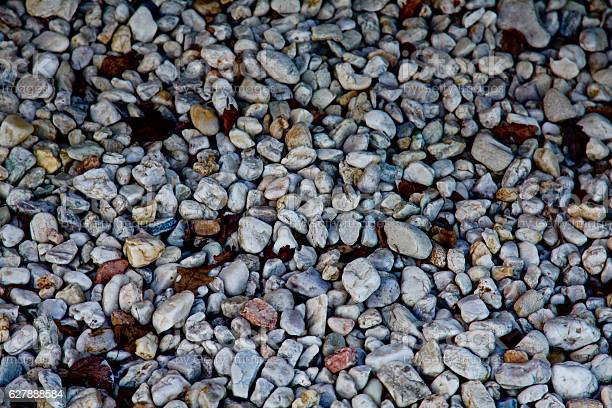
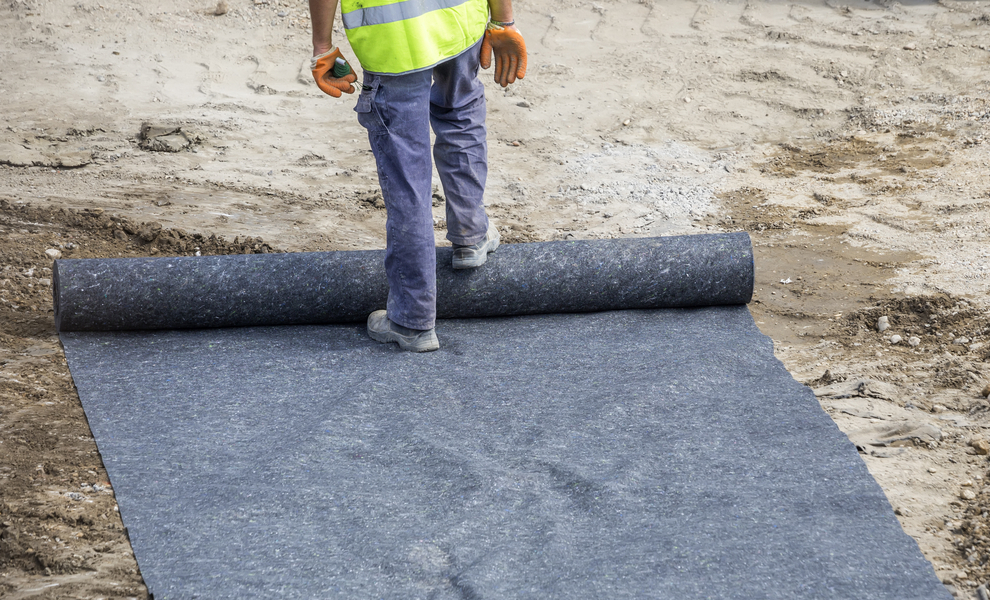
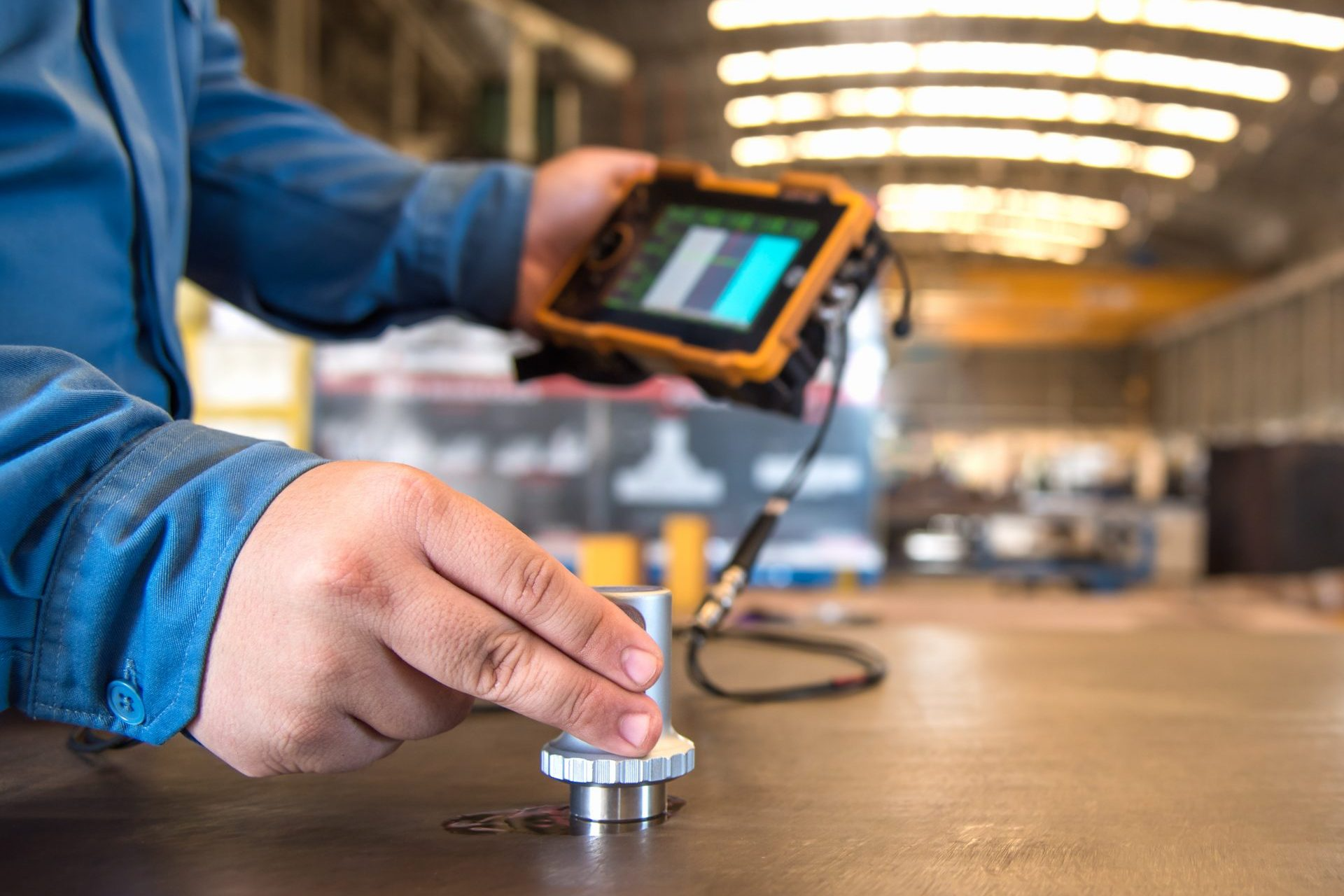
.png)
.jpg)
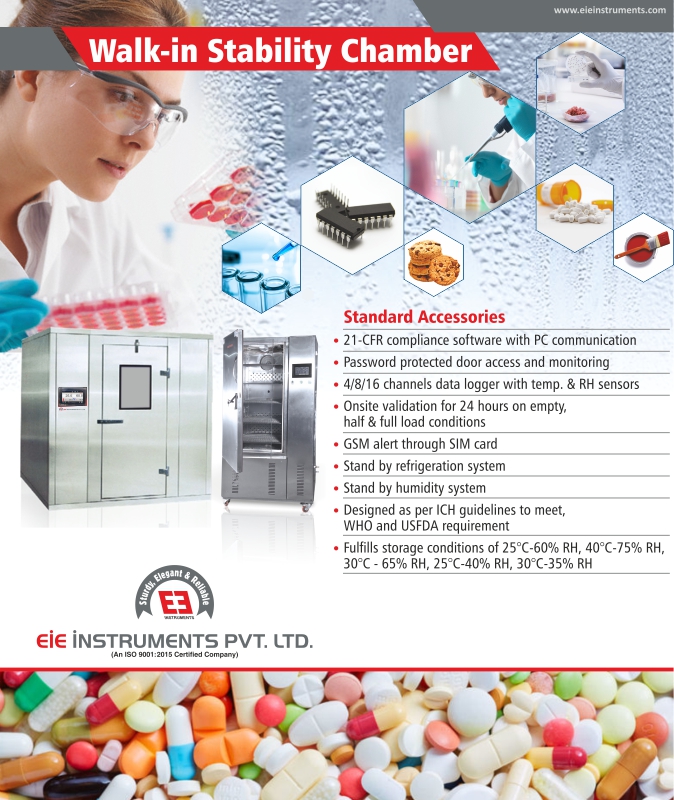


.png)




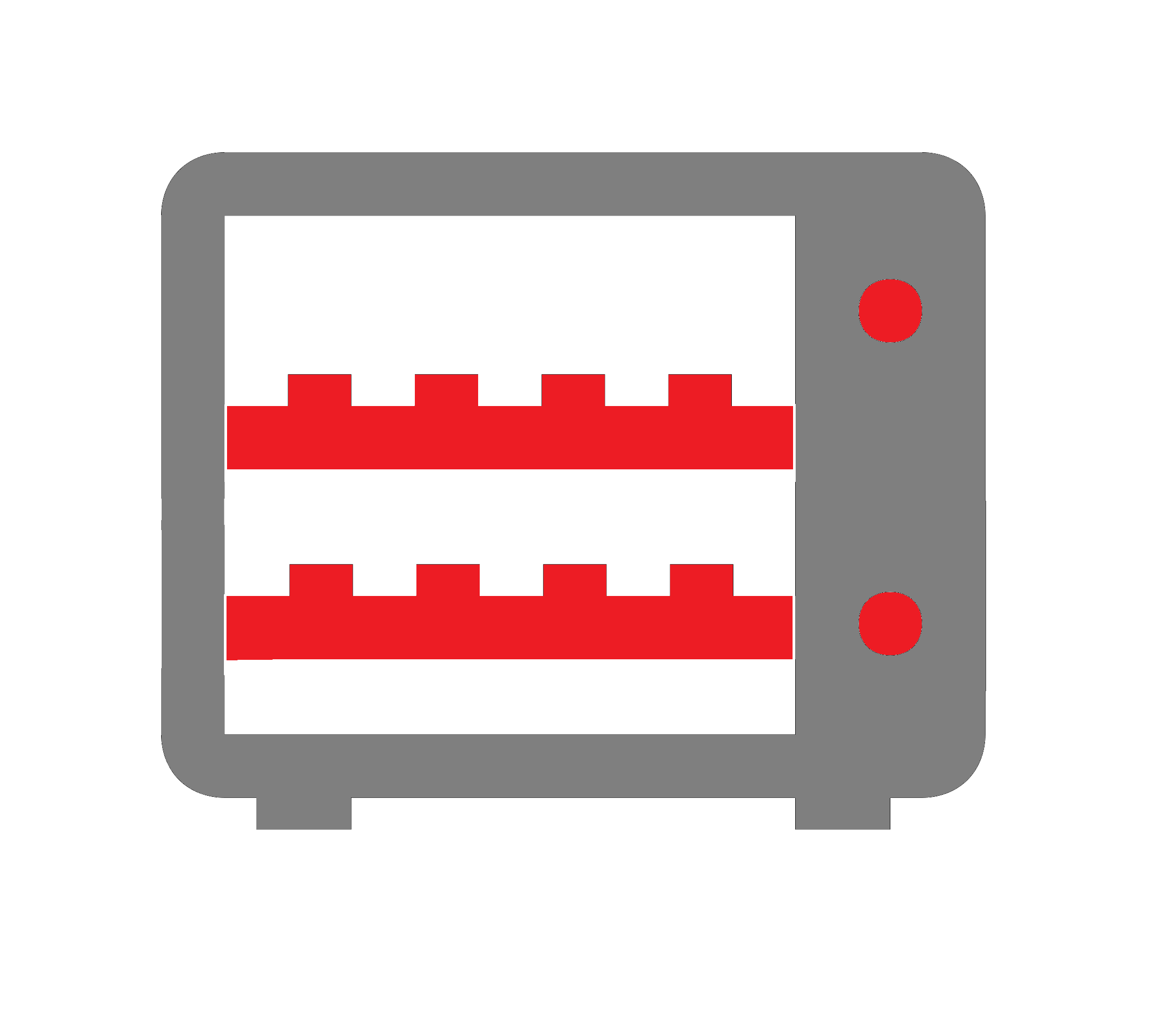


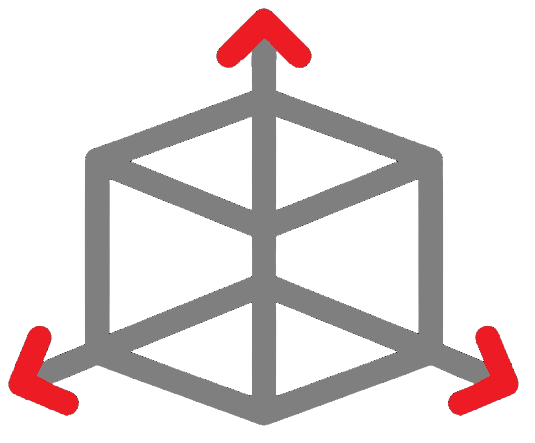

.png)

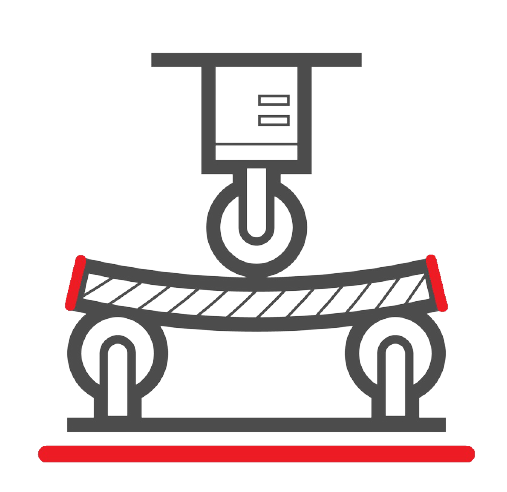
.png)

.jpg)
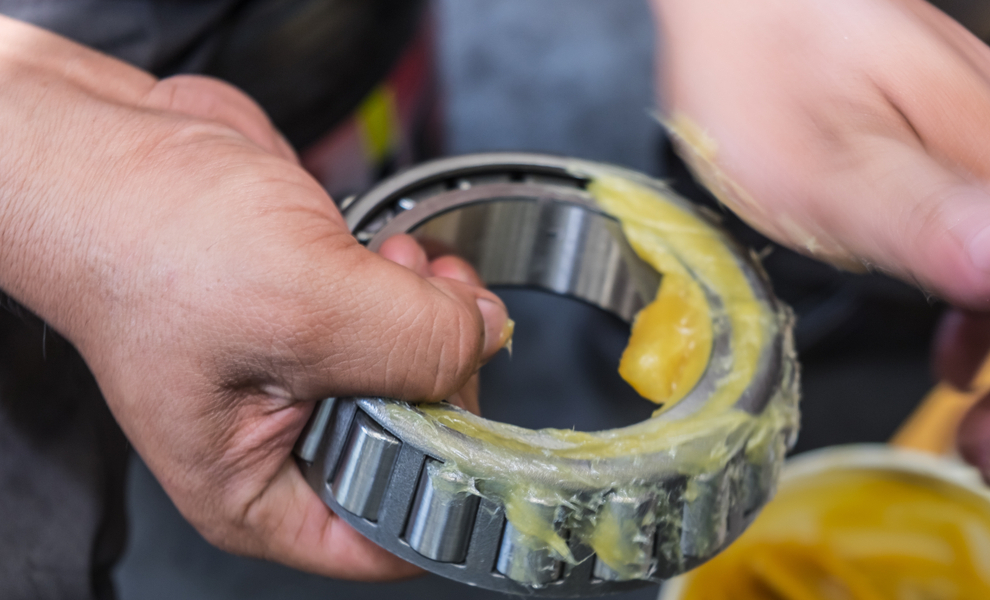



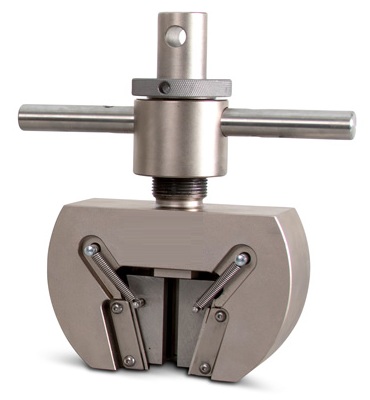
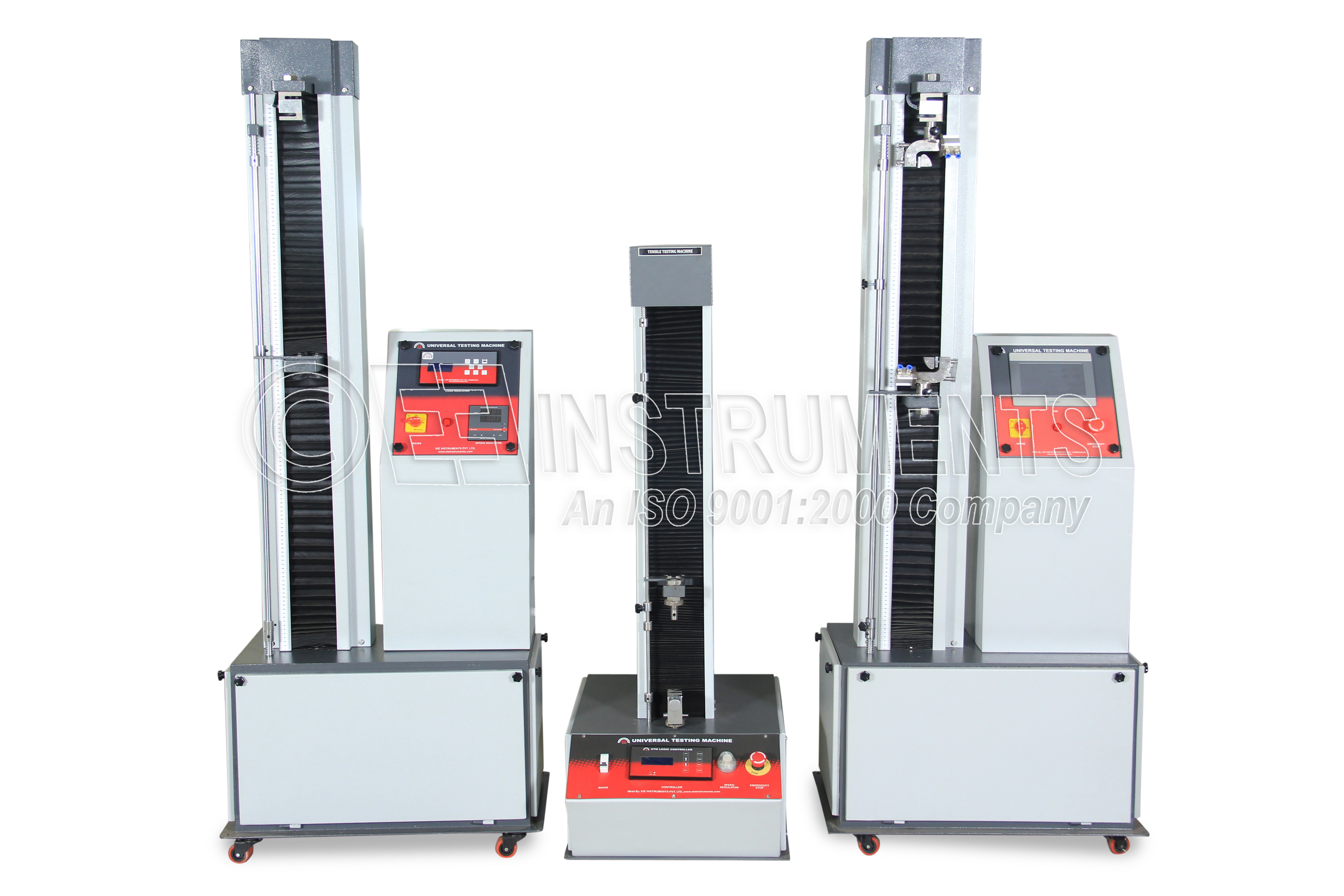
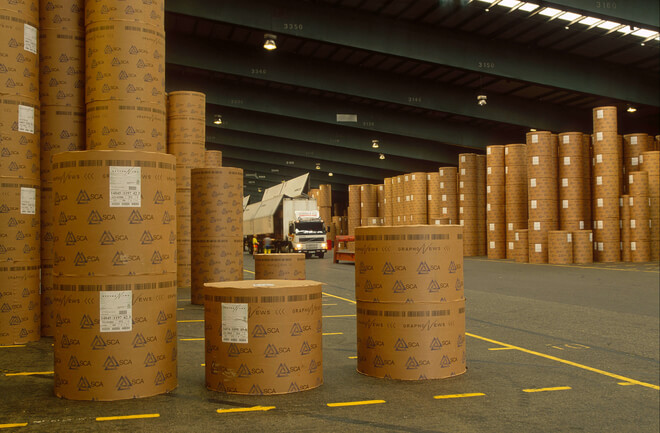
.png)
.png)
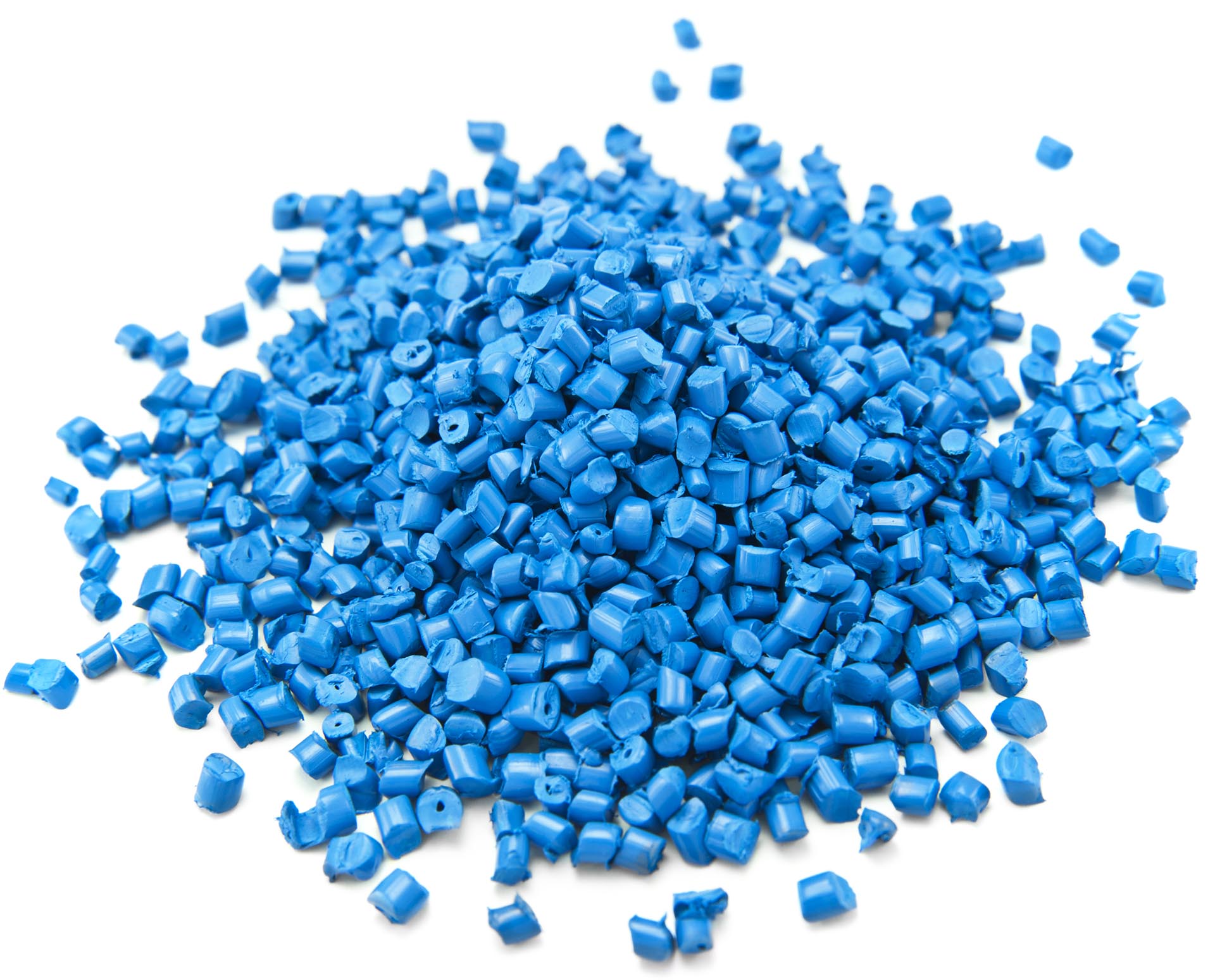
.png)
.png)
